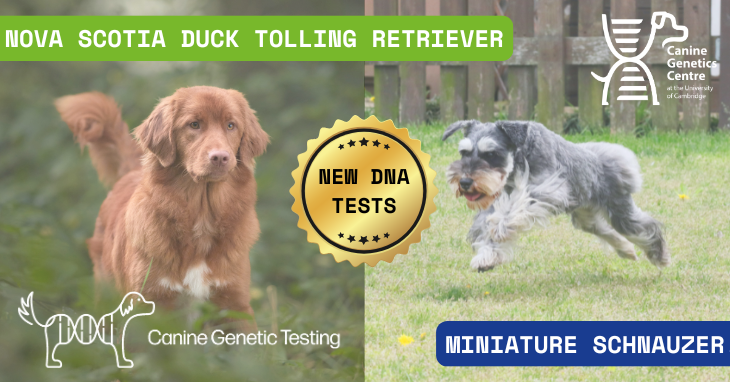
We are very excited to announce that earlier this week we launched not one, but TWO new tests for progressive retinal atrophy (PRA) in two different breeds – the Nova Scotia Duck Tolling Retriever (NSDTR) and the Miniature Schnauzer (MS). Continue reading
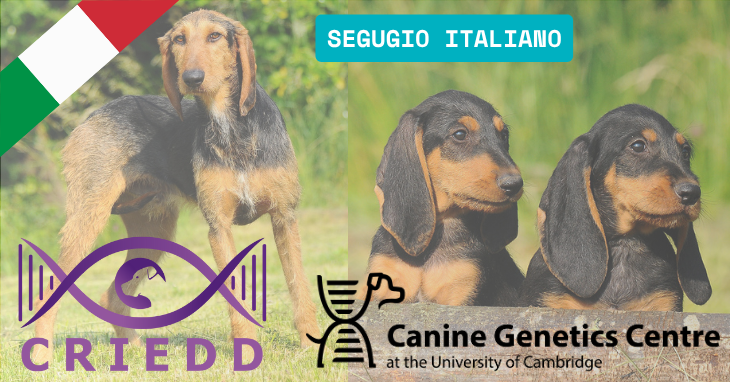
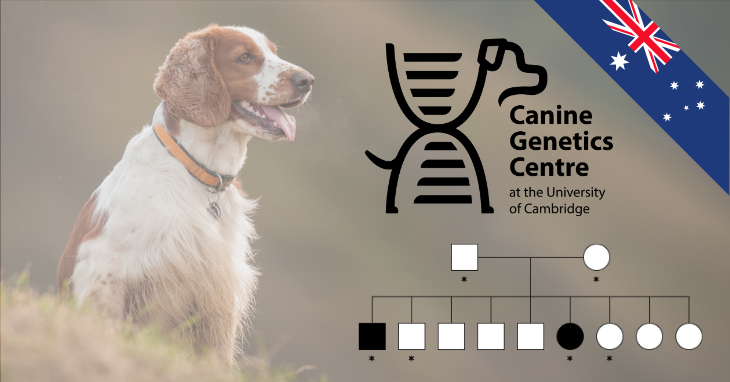

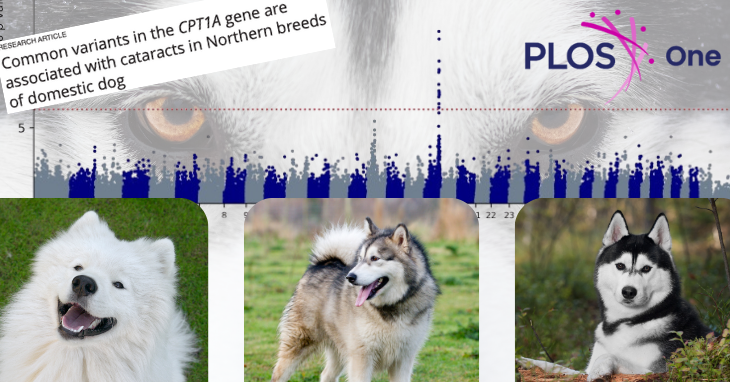
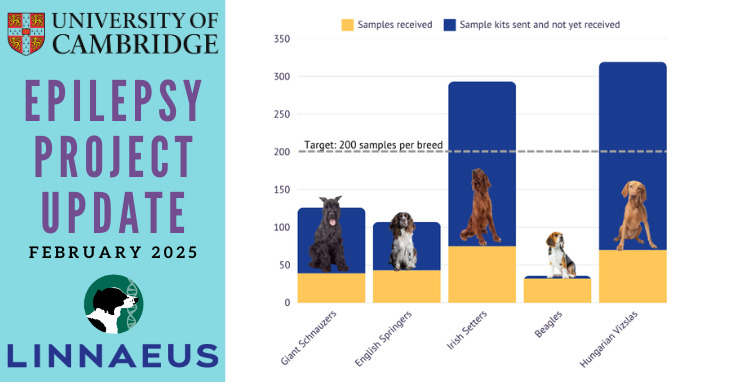
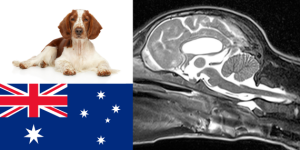 Our team at the Canine Genetics Centre are often contacted to collaborate with veterinary professionals and owners from around the world when it comes to challenging canine genetic problems. We recently received a communication from a Welsh Springer Spaniel breeder from Australia asking for our expertise regarding two wobbly puppies out of one litter of nine.
Our team at the Canine Genetics Centre are often contacted to collaborate with veterinary professionals and owners from around the world when it comes to challenging canine genetic problems. We recently received a communication from a Welsh Springer Spaniel breeder from Australia asking for our expertise regarding two wobbly puppies out of one litter of nine.  A couple of weeks ago Bryan gave you an overview on our
A couple of weeks ago Bryan gave you an overview on our 
